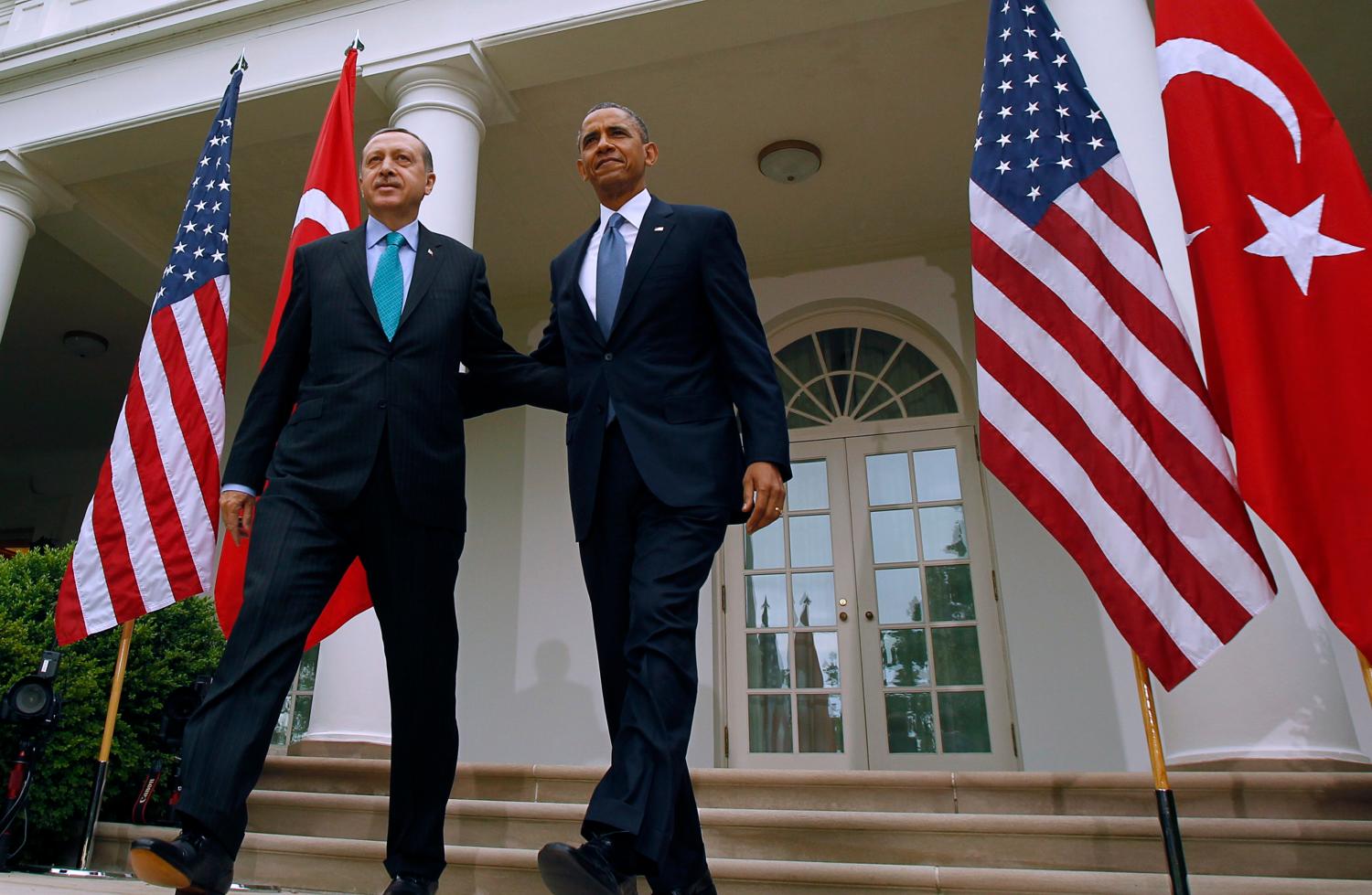Kemal Kirişci writes the U.S. should continue pursuing a more ambitious agenda with Turkey, given Turkey’s importance for U.S. interests and the U.S. goal that Turkey anchor itself with the West. President Obama can achieve that by associating Turkey in Trans-Atlantic Trade and Investment Partnership (TTIP) talks, and by exploring the possibility of a bilateral free trade agreement.
 |
MEMORANDUM TO: President Obama |
Background
In January 2013, I recommended that your administration pursue a more ambitious agenda for U.S.-Turkish relations, given the importance for U.S. interests that Turkey be permanently anchored to the West. Turkey straddles an often turbulent region where the trans-Atlantic model based upon democratic governance and free markets competes with the model of autocratic governance and state-dominated economies. In such a neighborhood, the U.S.-Turkish relationship can best be cemented with common long-term economic interests. I thus recommended that your administration include or at least closely associate Turkey with the Trans-Atlantic Trade and Investment Partnership (TTIP).
Inclusion of Turkey would contribute to TTIP’s economic benefits, including job creation in the United States, as well as to our geopolitical and strategic goals. TTIP strives to set the global standard for deep-integration trade agreements, and so all U.S. strategic allies with sizable economies—Turkey’s is the
world’s 17th largest—should have the opportunity to participate.
Recommendations
Unfortunately, including Turkey in the TTIP negotiations was not possible, as participation was limited to full EU members, excluding accession countries and those, like Turkey, with only a customs union with the European Union. However, you were able to respond partly to the Turkish prime minister’s call to deepen bilateral economic relations and liberalize trade by establishing a U.S.-Turkey High-Level Committee led by the Turkish Ministry of Economy and the Office of the U.S. Trade Representative.
This committee falls short of Turkey’s expectations. Yet, it offers a solid basis to explore the prospects of greater economic integration and possibly a free trade agreement. This would require costly reforms in Turkey. It will be important to evaluate the will of the Turkish side to embark on these difficult reforms. The United States could encourage Turkey by supporting an inter-governmental dialogue about these reforms and also by keeping the Turkish side regularly informed about developments with respect to TTIP negotiations, particularly in areas that will directly impact on U.S.-Turkish economic relations.
The United States should explore with its EU partners whether a mechanism similar to the “docking” provision that the administration has advocated for Japan in the context of the Trans-Pacific Partnership (TPP) negotiations could be part of TTIP. “Docking” would allow the possibility for countries such as Canada, Mexico, Norway and Switzerland, as well as Turkey that have strong economic ties with both the United States and European Union to join TTIP subsequent to its launch. For this to be an option, TTIP would need to have the required clauses within the agreement, and Turkey’s application would need to be accepted.
In light of the chaos prevailing in the Middle East, there are growing signs that Turkey wants to revitalize its trans-Atlantic ties. That is in the U.S. interest. In November, another chapter was finally opened in Turkey’s EU accession process. The United States should continue to strongly support Turkey’s EU accession while at the same time responding positively to Foreign Minister Davutoglu’s call in November that TTIP be used to anchor Turkey in the West. That was a profoundly significant step, reminiscent of Turkey’s enthusiasm to become part of the trans-Atlantic community in the early days of the Cold War.
The Brookings Institution is committed to quality, independence, and impact.
We are supported by a diverse array of funders. In line with our values and policies, each Brookings publication represents the sole views of its author(s).




